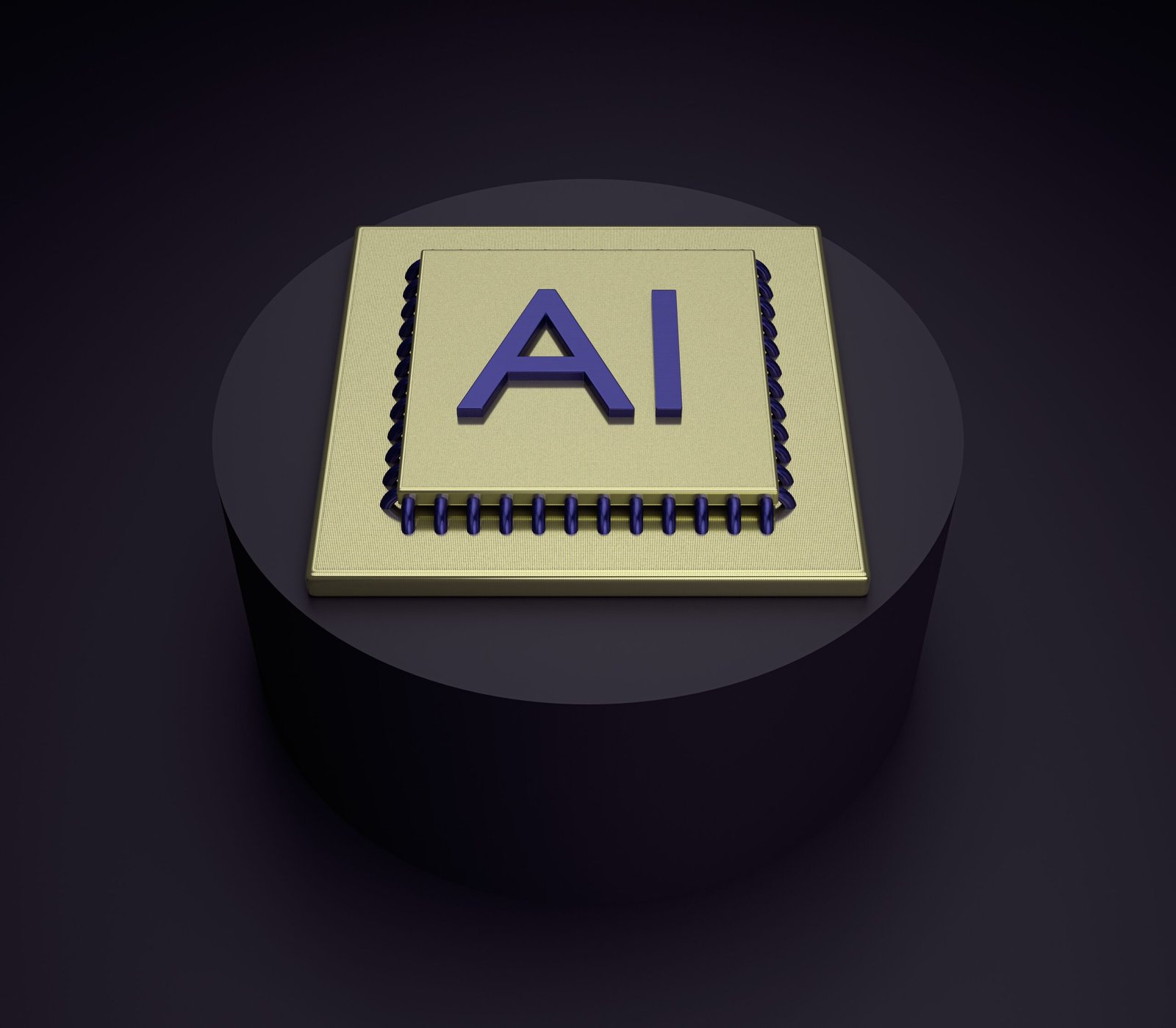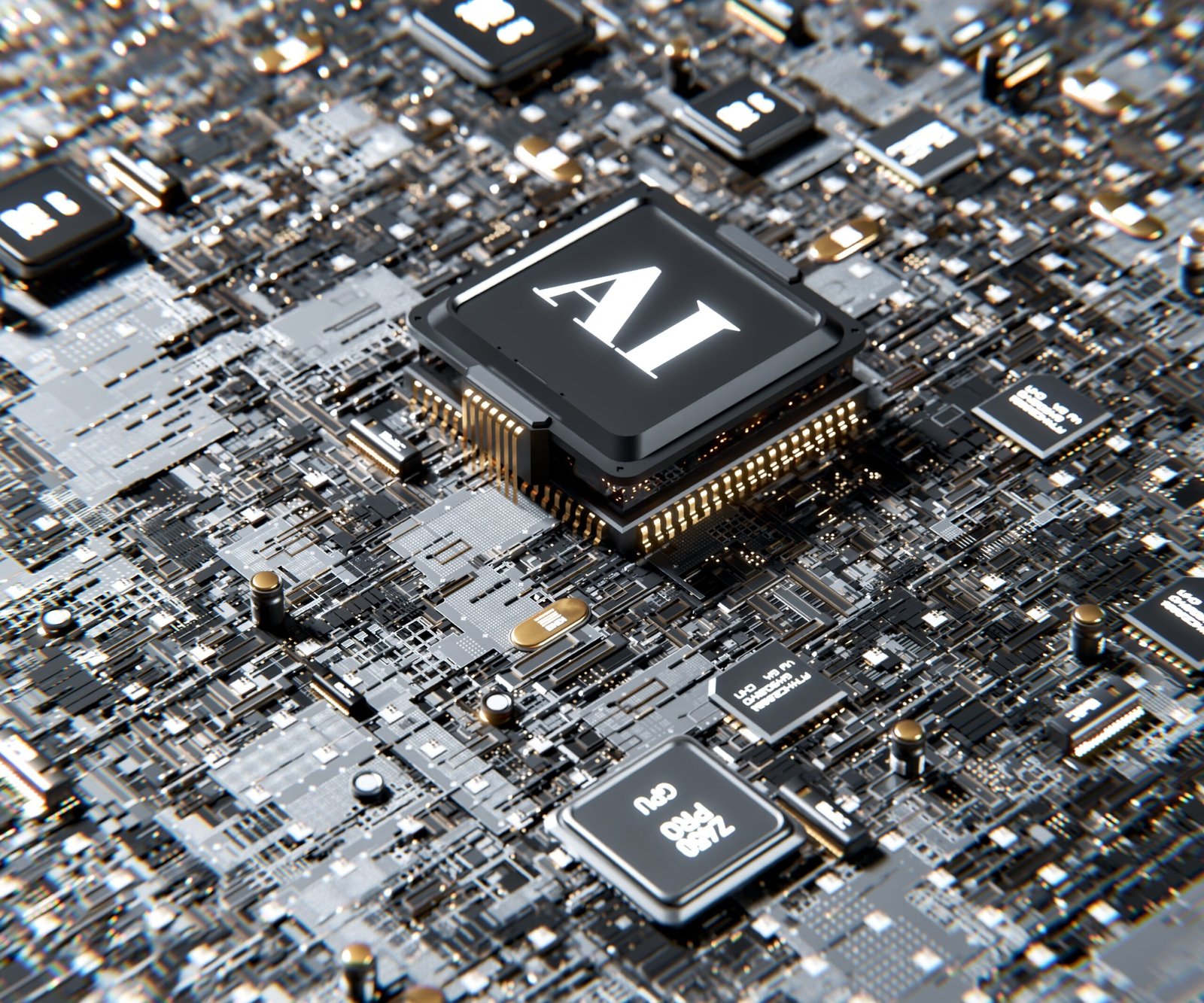AI
European Union Policymakers Spearhead Groundbreaking A.I. Regulations
In a historic move, the European Union has clinched a groundbreaking agreement on the A.I. Act, a sweeping legislation aimed at governing artificial intelligence. This momentous law stands as one of the world’s initial comprehensive endeavors to control the burgeoning influence of this rapidly advancing technology, which carries profound implications for society and the economy.
The A.I. Act establishes a new international standard for nations striving to harness the advantages of artificial intelligence while fortifying defenses against potential hazards. These hazards encompass job automation, the proliferation of online misinformation, and threats to national security.
While the legislation is yet to undergo final approval, the recent political consensus signifies the establishment of its fundamental principles. European policymakers have concentrated their efforts on mitigating the riskiest applications of artificial intelligence by both corporations and governments, particularly within law enforcement and critical service operations like water and energy management.
The A.I. Act ushers in fresh transparency prerequisites for creators of major general-purpose A.I. systems, including those powering popular chatbots like ChatGPT. Systems generating manipulated images, such as “deepfakes,” must explicitly disclose their artificial intelligence origins.
Additionally, the law places limitations on the deployment of facial recognition software by law enforcement and governments, with specific exemptions for safety and national security objectives. Companies found infringing these regulations could face fines amounting to up to 7 percent of their global sales.
Thierry Breton, the European commissioner instrumental in the negotiation process, emphasized, “Europe has positioned itself as a pioneer, understanding the importance of its role as a global standard-setter.”
Despite the acclaim surrounding the A.I. Act as a regulatory milestone, concerns persist regarding its efficacy. Numerous aspects of the policy are not anticipated to take effect for 12 to 24 months, a considerable timeframe considering the swift evolution of artificial intelligence. The negotiations leading to the agreement involved deliberations on the law’s language and the delicate balance between fostering innovation and averting potential harm.
The accord reached in Brussels necessitated three days of negotiations, including a marathon 22-hour session. The final details remain undisclosed, as discussions continue to finalize technical aspects that could potentially postpone the law’s ultimate passage. Votes are pending in both Parliament and the European Council, comprising representatives from the 27 member countries.
The urgency for artificial intelligence regulation escalated following the global attention garnered by ChatGPT’s release last year, prompting swift action from the Biden administration in the United States. While Britain and Japan adopt a more hands-off approach, China has implemented specific restrictions on data use and recommendation algorithms.
With trillions of dollars in estimated value hanging in the balance, the regulation of artificial intelligence takes center stage as it reshapes the global economy. As Jean-Noël Barrot, France’s digital minister, emphasized, “Technological dominance precedes economic dominance and political dominance.”
Click Here to Read More Stories: truereviewmagazine.com










